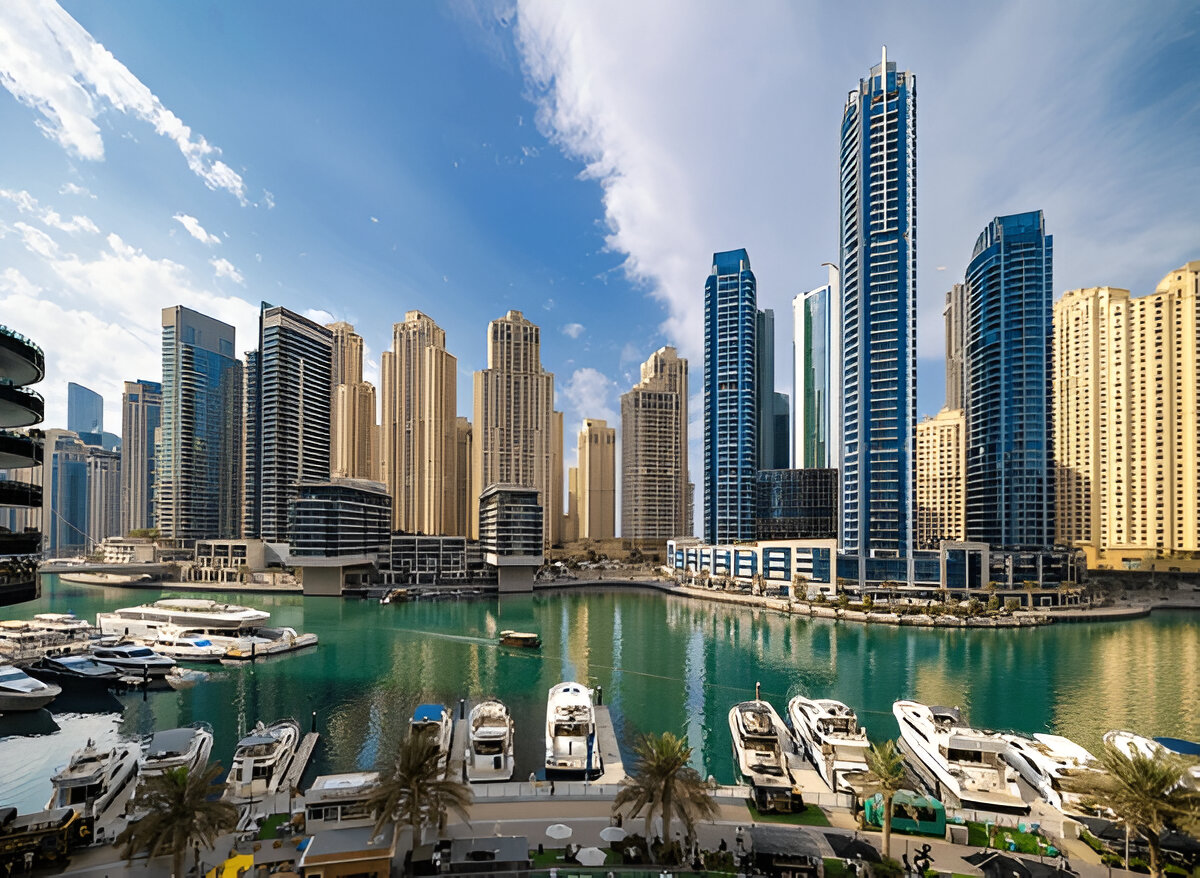Understanding Property Laws in the UAE: A Guide for Expats

Can Expats Buy Property in the UAE?
UAE Property Laws Expats Should Know
1. Freehold vs Leasehold
2. Title Deed Registration
3. Off-Plan Purchases
4. Inheritance & Wills
Steps to Buying Property in the UAE as an Expat
Financing Options for Expats
Real Estate Careers in the UAE
How to Get Property Consultant Jobs in the UAE
Dubai Real Estate Laws: What Makes It Different?
Conclusion
Understanding Property Laws in the UAE: A Guide for Expats The UAE continues to attract expats from all over the world with its world-class infrastructure, tax-free income, and luxurious lifestyle. For many, the idea of settling down and investing in real estate is a natural step. However, navigating UAE property laws for expats can be complex without proper guidance. In this comprehensive guide, we’ll help
you understand the key aspects of buying property in the UAE as an expat, explore opportunities for real estate careers in the UAE, and discuss what you need to know if you’re interested in property consultant jobs in the UAE. We’ll also dive into how Dubai real estate laws affect foreign investors and expat buyers. Can Expats Buy Property in the UAE? One of the
most common questions from foreigners is: Can expats own property in the UAE? The answer is yes, but with specific conditions depending on the emirate and the type of ownership. In Dubai, Abu Dhabi, Sharjah, and other emirates, the government has designated certain areas where non-UAE nationals can buy property. These zones are called freehold areas, and they allow full ownership of property, including the
right to sell, lease, or pass it on through inheritance. Some of the most popular freehold areas in Dubai for expat buyers include: Dubai Marina Downtown Dubai Jumeirah Village Circle (JVC) Business Bay Palm Jumeirah Understanding where and what you can buy is the first step toward making a smart investment as an expat. UAE Property Laws Expats Should Know The UAE property laws for
expats are designed to protect both the buyer and the developer. Below are some key legal considerations: 1. Freehold vs Leasehold Freehold : Full ownership of the property and the land it stands on. Leasehold : The right to use the property for a specified period (usually 10 to 99 years), but the land is owned by the original freeholder. Dubai was the first emirate
to introduce freehold laws, allowing foreigners to own property outright in designated areas under Dubai real estate laws. 2. Title Deed Registration All property transactions must be registered with the Dubai Land Department (DLD) or relevant authority in other emirates. Buyers receive a title deed, which is the official proof of ownership. 3. Off-Plan Purchases Expats can buy off-plan properties, i.e., those still under construction.
Developers must be registered and approved by the Real Estate Regulatory Agency (RERA), and buyers should only pay into escrow accounts to ensure transparency and security. 4. Inheritance & Wills Unlike other countries, UAE inheritance laws are based on Sharia principles by default. However, expats can register wills at the Dubai Courts or DIFC Wills Service Centre to distribute assets according to their home country’s
laws. Steps to Buying Property in the UAE as an Expat Buying real estate as an expat involves several steps: Determine Eligibility : Ensure the property is in a freehold area. Choose a Trusted Developer or Agent : Always work with RERA-certified professionals. Get a No Objection Certificate (NOC) : Required if buying from a previous owner. Sign the Sale and Purchase Agreement (SPA) .
Pay the Fees : Including transfer fee (typically 4% in Dubai) and agency fees. Register the Title Deed at the Dubai Land Department or relevant authority. Understanding and following these steps ensures a smooth and legal purchase process under UAE property laws for expats. Financing Options for Expats Expats are also eligible to apply for home loans in the UAE, provided they meet the eligibility
criteria set by banks. Typically, lenders offer up to 80% financing for first-time buyers, depending on the property value and the buyer’s income status. Mortgage approval requires: Valid passport and visa Proof of income/employment Bank statements Down payment (usually 20-25%) Working with a property consultant can help streamline this process, which brings us to the next section. Real Estate Careers in the UAE The UAE
real estate market is not only booming for investors but also for professionals. There is a growing demand for qualified individuals seeking real estate careers in the UAE, especially with the country’s rapid urban expansion and influx of foreign investors. Popular roles include: Property Consultants Real Estate Brokers Sales Managers Leasing Agents Property Managers Many developers and agencies offer full training and RERA certification, allowing
even those new to the industry to pursue property consultant jobs in the UAE. These jobs can be highly rewarding, offering commission-based earnings, flexibility, and the chance to build a network of high-net-worth clients. How to Get Property Consultant Jobs in the UAE If you’re considering a shift into real estate, here’s how to get started: Get Certified : Apply for a RERA certification. This
Key Topics
- UAE Property Laws for Expats: What You Need to Know